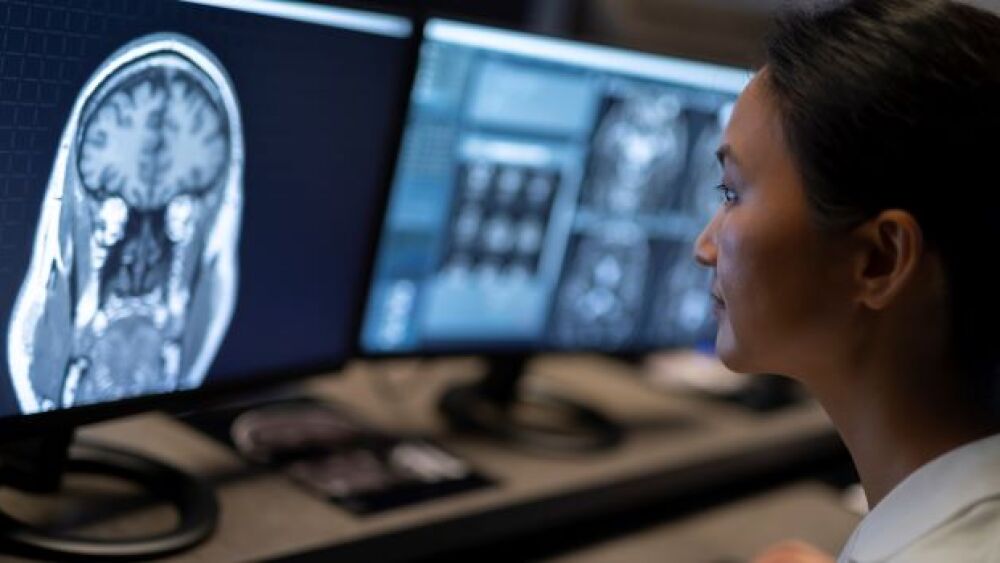BioVie announced topline results from a Phase II biomarker study in Alzheimer’s disease showing patient improvements in cognition and reductions in neural inflammation.
BioVie Inc. announced positive topline results Wednesday from a Phase II biomarker study in Alzheimer’s disease (AD) showing patient improvements in cognition and reductions in neural inflammation following treatment with NE3107.
Initial results show across-the-board improvement for patients, while those with mild cognitive impairment (MCI) and mild Alzheimer’s disease showed the greatest change.
The Phase II open-label study, led by principal investigator Dr. Sheldon Jordan, assessed changes in cognition in patients with mild- to moderate AD. Patients in the 23-person single-arm study were treated with 20 mg twice daily for three months.
Improvements on Several Scales
Jordan’s team used different verbal and visual procedures and measurements of Alzheimer’s-related biomarkers, including neural inflammation, to assess patient progress following treatment with NE3107.
The data showed a significant number of patients exhibited improvements on the Global Rating of Change, a frequently used outcome measure for Alzheimer’s patients.
Other measurements also recorded improvements, including a modified ADAS-Cog12, the Quick Dementia Rating Scale, Mini-Mental State Examination and the Montreal Cognitive Assessment. On an additional marker, 62% of MCI and mild AD patients showed decreased plasma TNF, a sign of reduced inflammation.
Improvements in Tumor Necrosis Factor Alpha (TNFa) statistically correlated to improvements in ADAS-Cog12, the company noted in its announcement. BioVie also noted that 41% of patients saw increased levels of glutathione, which is considered the regulator of oxidative stress in the brain. Another 35% saw a decline in these levels.
Patients with moderate AD also saw improvement, but not as great. Data showed that 24% of those patients achieved increased blood flow in the brain. That is considered a marker for metabolism and brain activity.
Cautious Optimism
Cuong Do, president and CEO of BioVie, told BioSpace the fundamental biological improvements in blood flow and reduced oxidative stress are consistent with the mechanism for NE3107. He said it’s an impact unlikely to be attributed to a placebo effect, which is something to consider in an open-label study.
“You can’t imagine yourself into having better reduction of TNFa or better blood flow into the brain,” Do said of the biomarker data.
He added that the company remains cautiously optimistic about the data. Because of the study size, BioVie will need to validate the results, Do said.
A neurologist, Jordan said the trial results indicate that NE3107 may offer significant potential to reduce neuro-inflammation and improve metabolic parameters such as glutathione in the brain.
Neuro-inflammation has become a key target in AD research, particularly in the wake of disappointing clinical results from the targeting of amyloid beta and tau proteins.
BioVie intends to present the final data from the study at the Clinical Trial in Alzheimer’s Disease conference later this year. Do said that the company is also preparing to present the findings from the study in peer-reviewed journals.
“We’re swimming in data right now, and we need to finalize the analyses,” he said.
Joseph Palumbo, chief medical officer of BioVie, expressed his excitement over the “data-driven validation” of NE3107 and its potential to treat patients suffering from cognitive impairment and dementia.
BioVie is currently assessing NE103 in a Phase III study in mild- to moderate Alzheimer’s patients. The co-primary endpoints are cognition and function. This trial is expected to provide topline results in mid-2023.





